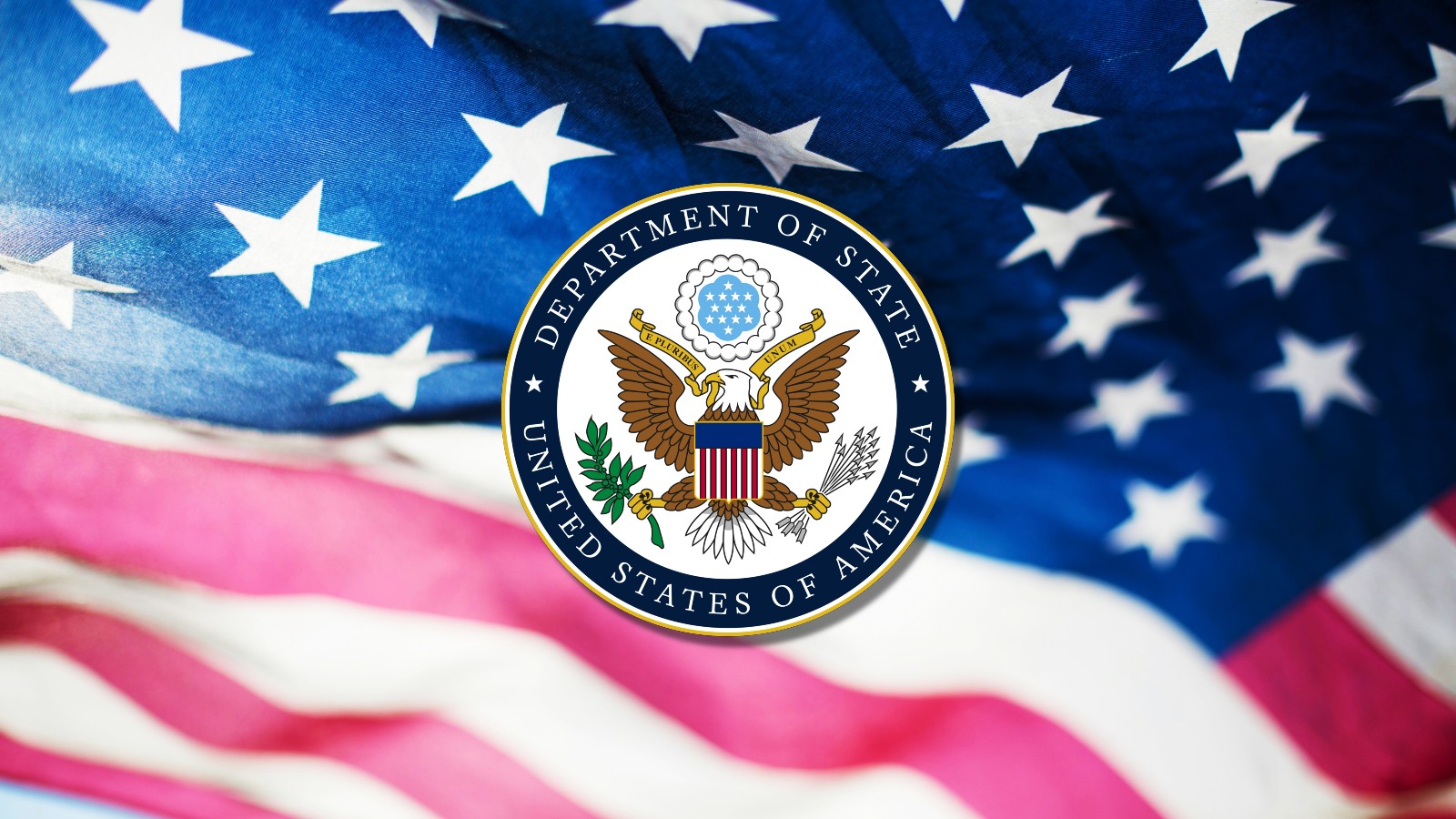
February 5, 2024 at 03:26PM
The State Department led by Antony J. Blinken introduced a visa restriction policy targeting individuals linked to the misuse of commercial spyware, citing it as a threat to human rights and U.S. security. The Biden Administration issued an Executive Order to prevent the use of mercenary surveillance tools, and the Commerce Department added companies to its Entity List for their involvement in trafficking cyber exploits. These actions highlight the U.S.’s commitment to preventing the misuse of surveillance technology and promoting accountability for those involved.
Based on the meeting notes, the key takeaways are:
1. Secretary of State Antony J. Blinken announced a new visa restriction policy to ban individuals involved in the misuse of commercial spyware from entering the United States. This is in response to the link between such misuse and arbitrary detentions, forced disappearances, and extrajudicial killings, as well as the security and counterintelligence threat it presents.
2. The Biden Administration issued an Executive Order prohibiting the U.S. government from using mercenary surveillance tools that may pose risks to foreign policy interests or national security.
3. The Biden administration, in collaboration with the Freedom Online Coalition, released guiding principles for governments to prevent the misuse of surveillance technology and prevent human rights abuses.
4. The Commerce Department’s Bureau of Industry and Security added European commercial spyware companies to its Entity List due to their involvement in trafficking cyber exploits used to hack the devices of high-risk individuals worldwide. This action was taken as these companies aimed to intimidate political adversaries, restrict freedom of speech, suppress dissent, and monitor journalists’ activities on a global scale.
5. Google’s Threat Analysis Group identified multiple zero-day vulnerabilities exploited in Predator spyware attacks targeting Android users and linked them to Cytrox, while Intellexa was identified as the maker of the Predator Android spyware and its loader Alien.
6. Intellexa’s spyware was also used in surveillance campaigns targeting high-profile European politicians, journalists, and Meta executives.
7. The Commerce Department also sanctioned companies from Israel, Russia, and Singapore due to their involvement in developing and selling spyware or hacking tools deployed by state-sponsored hacking groups.
8. Secretary of State Antony J. Blinken reaffirmed the United States’ commitment to promoting accountability for individuals involved in the misuse of commercial spyware and emphasized the country’s support for human rights and fundamental freedoms.
These points summarize the key discussions and decisions made during the meeting.